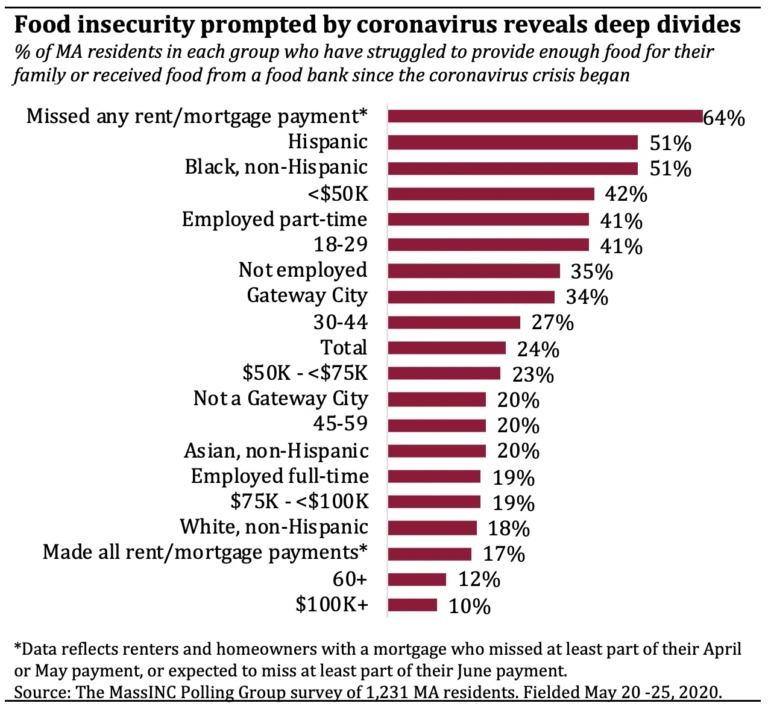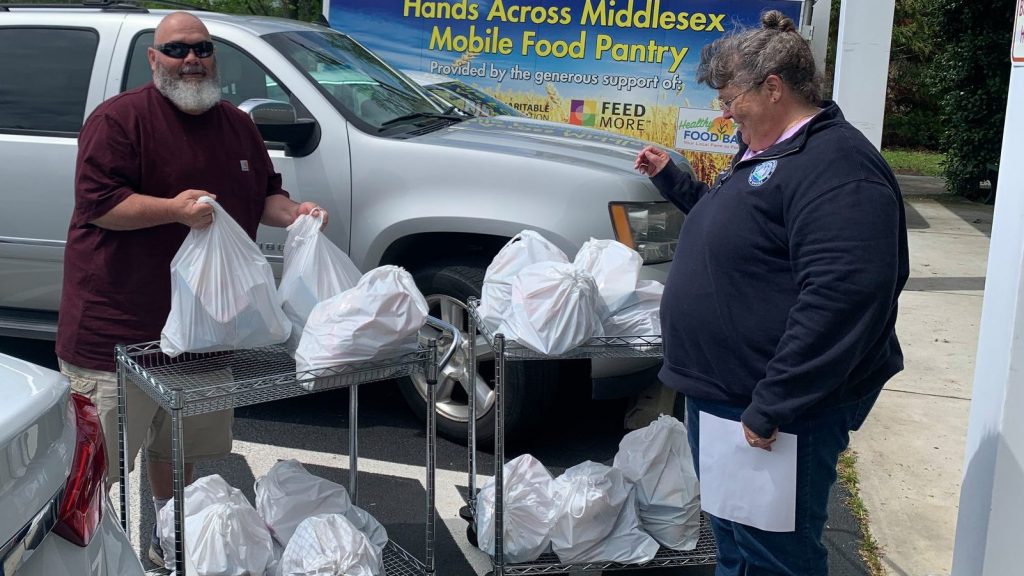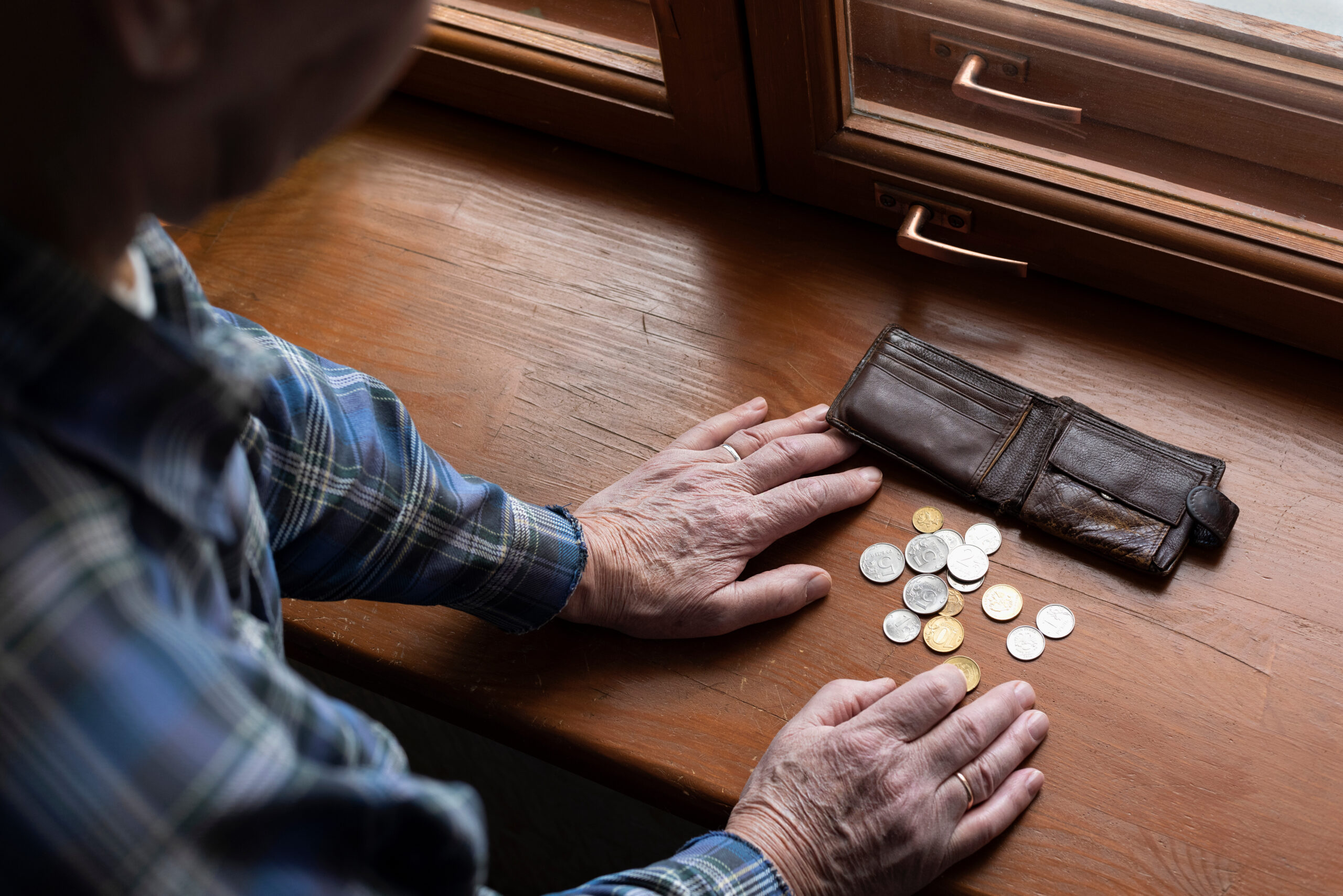A new poll released in June by the MassINC Polling Group finds 24-percent of Massachusetts residents say they have either struggled to provide food for their family or have sought the aid of a food bank since the coronavirus crisis began.
Food insecurity has affected vulnerable communities the hardest. According to CommonWealth Magazine, roughly half of Black and Hispanic, Latino residents (51 percent each) say they have struggled.

Many of the cities and towns in the state hardest hit by COVID-19 are Gateway Cities. These cities already face economic challenges and many have a higher proportion of marginalized residents than Massachusetts overall.
According to Boston Indicators, the cities and towns with the highest concentrations of Latinos are Boston (20% of the city population), Lawrence (77 percent of the city population), Chelsea (66 percent), Holyoke (50 percent), Springfield (42 percent) and Lynn (36 percent).
The consequences of the coronavirus crisis are heavily concentrated on the same people and groups, reports WBUR. Younger people, people of color, renters, part-time and hourly workers, and people with lower income and education levels are already struggling with job losses, wage losses, food insecurity, and housing troubles.
Among those facing the most economic distress:
- 30% say someone in their household has had the symptoms, while just 4% of those in less distress say the same.
- Asked about confirmed COVID cases, 26% of respondents in most economic distress also say someone in the household has tested positive for the virus.
The Greater Boston Food bank (GBFB) normally ships out around a million pounds of food per week to people in need. Now, the organization’s CEO and president tells WGBH, those numbers have grown to nearly 2.5 million.
Catherine D’Amato said nearly half of the people relying on food assistance from the GBFB have never used their services before.
“This is, again, a reflection of the high unemployment and the business closures,” she noted. “That there is just an increased number of people saying ‘I’ve never had to do this before, I’m not really sure where to go, is it okay to come?’”
“The answer” to those questions, she said, “is yes.”
(picture: volunteers from the Hands Across Middlesex Food Pantry )




